Health And Medicine
-
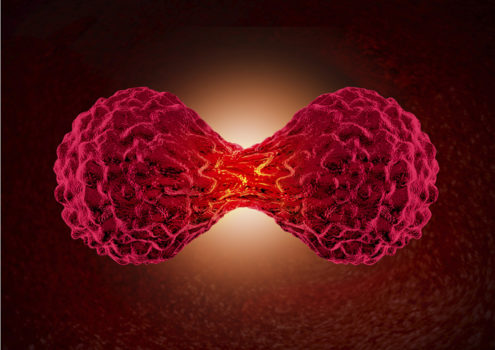
New software tracks cancer mutations, survival
A team at Vanderbilt University Medical Center (VUMC) has developed and tested software that scans electronic health records in real time to monitor cancer patient survival (from time of diagnosis) according to which genes, if any, are found to carry mutations. Read MoreJun 2, 2016
-

Study links hyperglycemia in pediatric stroke patients to poor outcomes
Childhood stroke patients with hyperglycemia may be more at risk for disability, according to a Vanderbilt University Medical Center (VUMC) study that sought to determine if vital sign measurements and blood glucose levels could be associated with poor neurological outcomes. Read MoreMay 26, 2016
-

Study finds family history may play role in young athletes’ recovery from concussion
Young athletes who experience a sports-related concussion are more likely to suffer a prolonged period of symptoms if they also have a family history of mood disorders, psychiatric illnesses or migraines, according to a study from the Vanderbilt Sports Concussion Center (VSCC) published in Journal of Neurosurgery: Pediatrics. Read MoreMay 26, 2016
-

NIH awards $11.6 million grant to Vanderbilt, Miami and Meharry for new center to study precision medicine and health disparities
Researchers at Vanderbilt University Medical Center (VUMC), the University of Miami and Meharry Medical College were recently awarded a five-year, $11.6 million grant to launch a new center that will enable research using precision medicine to eradicate health disparities, specifically those among African-Americans and Latinos. Read MoreMay 25, 2016
-

Chloride “switch” turns on membrane formation: study
Chloride plays a key role in the formation of the basement membrane, a suprastructure on the outside of cells that undergirds and guides the function of most of the tissues of the body. Read MoreMay 23, 2016
-

New center to study genomic privacy concerns
Researchers at Vanderbilt University School of Medicine have received a four-year, $4 million grant from the National Institutes of Health (NIH) to establish a new center for the study of privacy concerns associated with the use of genomic information, the NIH announced this week. Read MoreMay 19, 2016
-

VUMC to be site for national malnutrition study
Vanderbilt University Medical Center is the test site for a nationwide initiative to address the longstanding problem of malnutrition in hospital patients. Read MoreMay 19, 2016
-

Study finds menthol cigarettes do not further increase smokers’ cardiovascular disease, stroke risk
Smoking is deleterious to health, but smokers who prefer menthol cigarettes to nonmenthol can breathe a sigh of relief…for now. Read MoreMay 17, 2016
-

New pain medicine from a fungus?
Collybolide – a natural product isolated from a mushroom – is a promising candidate for the development of non-addictive pain medicines. Read MoreMay 13, 2016
-
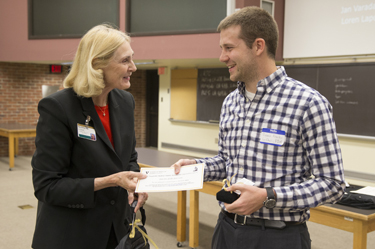
Symposium highlights research contributions of postdoctoral fellows
It is widely assumed that individuals with autism spectrum disorder (ASD) are insensitive to pain due to the wide prevalence of self-injurious behaviors. A new study at Vanderbilt University Medical Center suggests that this may not be true. Read MoreMay 12, 2016
-

COX-2 blocker could help PTSD
COX-2 inhibitors – used clinically to reduce inflammation and pain – may find new applications for treating PTSD and other stress-related psychiatric disorders like major depression. Read MoreMay 12, 2016
-
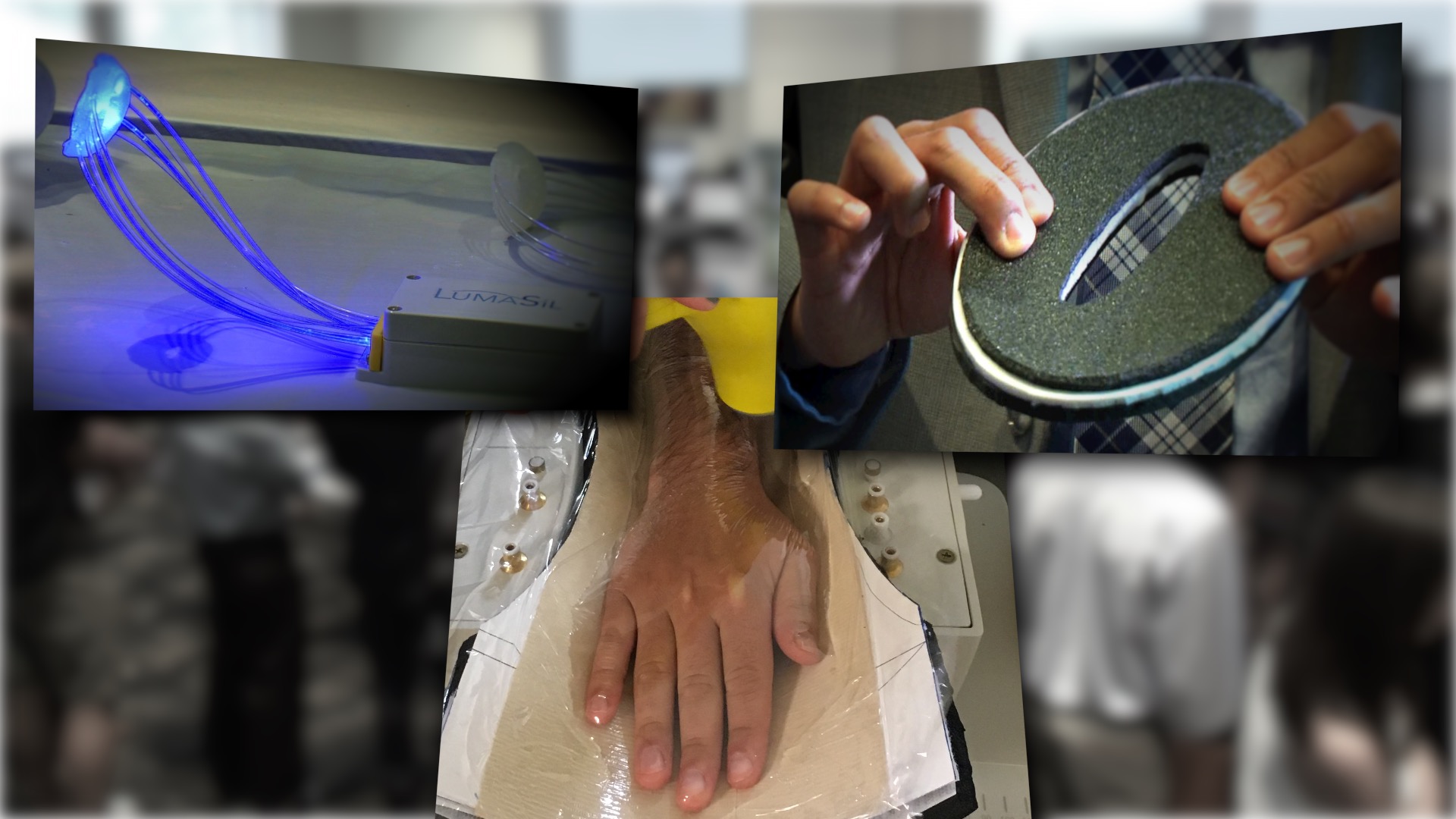
Engineering students design low-cost health care devices
How about shrink wrapping your hand to have an MRI? Or having a light in a cast to help heal diabetic foot ulcers? These are just some of the devices developed by Vanderbilt engineering students for Design Day 2016. Read MoreMay 6, 2016
-

Current cancer drug discovery method flawed: VUMC study
The primary method used to test compounds for anti-cancer activity in cells is flawed, Vanderbilt University researchers reported May 2 in Nature Methods. Read MoreMay 5, 2016
-

Faculty awards honor clinical, teaching, research excellence
Less than a week has passed since the reorganization that separated Vanderbilt University from Vanderbilt University Medical Center (VUMC) became effective April 29, but early signs are very positive, Jeff Balser, M.D., Ph.D., president and CEO of VUMC and dean of Vanderbilt University School of Medicine, said Tuesday during his Spring Faculty Meeting and Awards Program. Read MoreMay 5, 2016
-

Research shows youth sports hazing victims often in denial
The true incidence of hazing in youth sports is unknown because victims don’t report the mistreatment or fail to recognize it as hazing, according to a review of scientific literature on the subject by a team of Vanderbilt University Medical Center (VUMC) researchers. Read MoreMay 5, 2016
-

Anesthesiology resident lands research awards
Anesthesiology resident Loren Smith, M.D., Ph.D., recently received two national research awards: the Margaret Wood Resident Research Award, from the Association of University Anesthesiologists (AUA); and the 2016 Young Investigator Award, from the Society of Critical Care Anesthesiologists (SOCCA). Read MoreMay 5, 2016
-
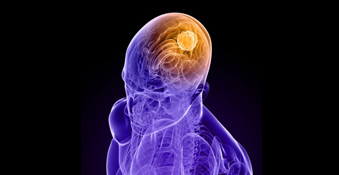
Drug combos for glioblastoma
Vanderbilt researchers have discovered that activation of a certain signaling pathway protects brain cancers from targeted therapies, suggesting that using therapeutics that block both pathways may be a promising treatment. Read MoreMay 3, 2016
-
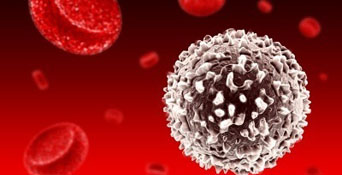
Improving natural killer cancer therapy
A newly discovered mechanism that helps cancer cells avoid destruction by immune system cells may improve immunotherapies. Read MoreApr 29, 2016
-

An Argonaute’s voyage to cancer
A genetic mutation that promotes cancer development blocks the normal sorting of a protein called “Argonaute 2.” Read MoreApr 28, 2016
-

Investigators explore African ancestry, Alzheimer’s risk
Higher genomic levels of African ancestry are associated with an increased risk for Alzheimer’s disease, a consortium of investigators reported recently in Alzheimer’s & Dementia. Read MoreApr 28, 2016